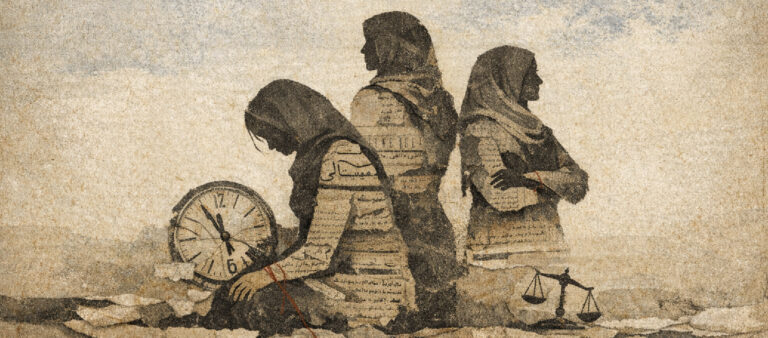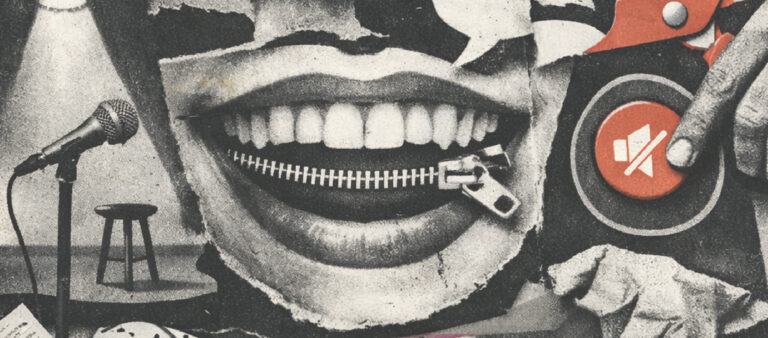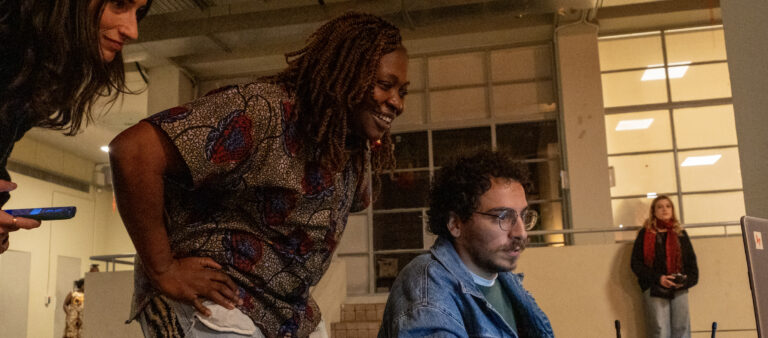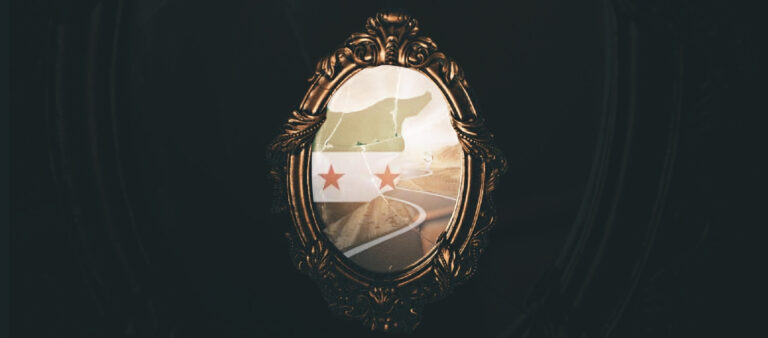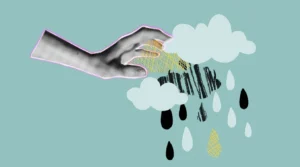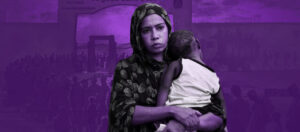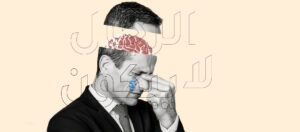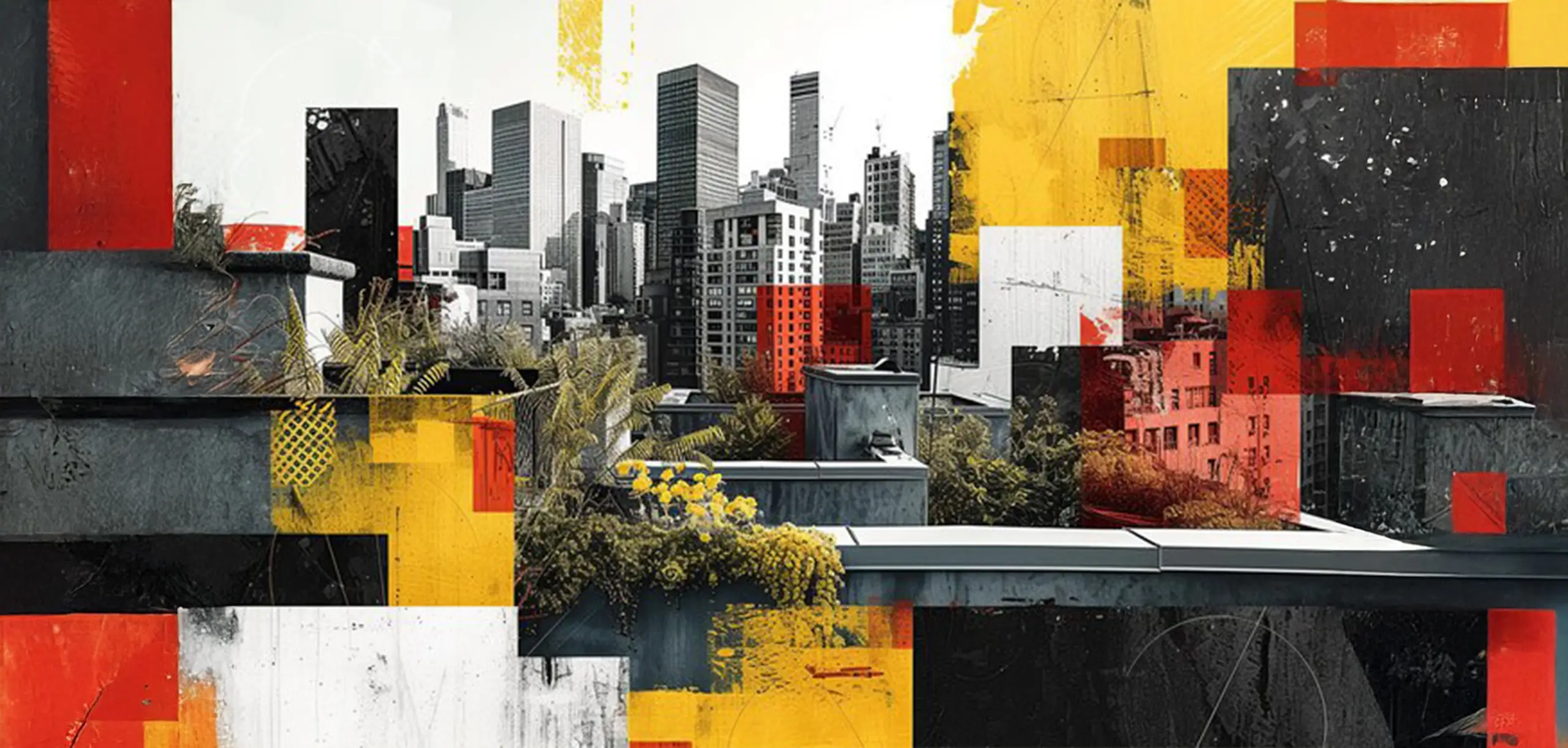In a family gathering, where everyone is busy exchanging greetings and asking who’s arrived and who’s missing, the reception room—and in fact, the whole house—is reserved for the adults. Children are told to play elsewhere.
But one child doesn’t find his place among the other kids. Like a stray gazelle, he becomes easy prey for predators. But what predators could possibly exist in such a warm, familiar atmosphere? They are the hidden predators among us—those who seize such opportunities to lure the wandering child. Gender, skin color, appearance, or age make no difference; what matters is that the child feels safe enough to walk into the trap and is too afraid to speak of what happened.
This is just one scenario—details may vary, but the cruelty is the same—repeated around us almost daily. The TV drama Lam Shamsiya, which aired during Ramadan 2025 and has just concluded, brought to light one of the biggest taboos in our Arab societies: sexual harassment of children. Through it, we follow the journey of young Youssef and his parents as they confront Wissam—the perpetrator—through sessions of psychotherapy.
From a dramatic standpoint, the series delivered with creativity and professionalism. Credit must be given to Egyptian actor Mohamed Shaheen for his portrayal of Wissam—not only for his convincing performance, but also for the courage it took to accept such a role. That, after all, is the essence of art: exposing such realities. Yet, in our societies, there is little acceptance and even less forgiveness. Some may view this work as a permanent stain on Shaheen’s professional and personal life.
But what if Youssef had come from a lower social, economic, or educational background—where taboos hold even more power, and ignorance and limited awareness prevail? Would he still have found a mother willing to hold him close, listen, and decide to fight such a battle for him?
This raises harder questions: Could a mother in such circumstances withstand the sharp, judgmental gaze of society while openly speaking about what happened to her son? Could she stand firm against all those who would try to dissuade her? And even if she did, to whom could she complain? Who would return her son’s stolen rights? And years later, would her son forgive her for the “scandal” she created in the name of justice?
Around the same time the series aired, a post went viral on Facebook:
“Lucky is the one whose childhood passed without anyone touching them inappropriately.”
To understand the societal pressure and the cruel lens through which cases of sexual harassment against children are viewed—where the victim, not the perpetrator, is stigmatized—just look at the comments:
“The pride of being the only one who didn’t get touched as a kid.” (422 reactions)
“Hey, you got touched.”
“This is the post your wife will show you on your wedding night instead of the bike story, just to say you were harassed.”
These are only a small sample of the comments—hundreds more reveal just a fraction of the battle victims face if they choose to speak up.
The series also highlighted the crucial role of the psychiatrist in containing the crisis and guiding the family. But how much does an individual psychotherapy session cost? Let alone group therapy? Sadly, in our society, therapy remains a luxury that only a few can afford, even though it is essential to recovery and preventing deeper psychological scars.
The series underscored the vital role of the psychiatrist in containing the crisis and guiding the family. But how much does a single psychotherapy session cost? And what about group sessions?
On top of all this, the show avoided portraying the most extreme cases. In reality, abuse most often comes from people close to the child’s family—a relative, a family friend, or even a teacher. But did you know there are cases where fathers abuse their own children? Sometimes it stems from vile sexual urges, and at other times from a desire to assert control, strip away agency, and impose absolute dominance—a deliberate breaking of the self and the spirit, forcing the victim into submission.
As for one final critique—whether it counts as artistic feedback or satire—the choice to end the series with the song “Eslemy Ya Masr” (Peace Be Upon You, Egypt) was… peculiar. Perhaps Egypt was one of Wissam’s victims without our knowing, but the choice also serves as a reminder of another kind of authority the series ignored—an authority not so different from patriarchal power in its dictatorship, dominance, and suppression of rights and freedoms.
We don’t diminish the importance of Lam Shamsiya—it offers hope for dramas free of ideological bias and detached from shallow portrayals of reality. But it’s worth digging deeper into the topic, because reality is far harsher. The creators chose a social class whose circumstances are less grim than most, but there are many untold stories. How will Youssef’s life unfold as he grows up?
Consider Kareem—one survivor—who still lives with the trauma of sexual abuse by a relative. He was too young at the time to understand what was happening, though he sensed something was wrong. When he grew older, he realized the horror of it all—but by then, it was too late to complain, protest, or even seek revenge.
And yet, he is forced to shake hands with his abuser at every family gathering. “Imagine having to show respect to the one who broke you”—to exchange pleasantries, respect, even admiration, simply because he is older than you. Imagine being forced to shake hands with the monster who devoured you… to show warmth to your killer… to fall into the arms of the very person who violated you.
The pain does not end when the sexual abuse of a child stops. The victim’s rights may never be restored, and in most cases, happy endings simply do not exist.
Kareem lives for years with a deep sense of helplessness. Every encounter with his relative feels like a renewed violation, and he swallows his pain in silence. Nothing changes—except for the way his suffering grows heavier. There’s no one he can confide in, and speaking out would only create deeper rifts within the family. His position is further weakened by his complete inability to prove any of his accusations. The truth remains: the pain does not end when the sexual abuse of a child stops, the victim’s rights may never be restored, and happy endings rarely exist in such cases.
In the end—and perhaps, despite its flaws—without this series, awareness might never have grown, and a taboo as heavy as sexual harassment of children might never have been broken or brought into public discourse. Certainly, after the series ended, at least a small segment of people began taking serious stands, seeking to reclaim their children’s rights. One work will lead to another, and perhaps one day, we will reach the level of societal awareness we need. Lam Shamsiya has opened the door to a public consciousness that may, one day, put an end to the tyranny of silence.


